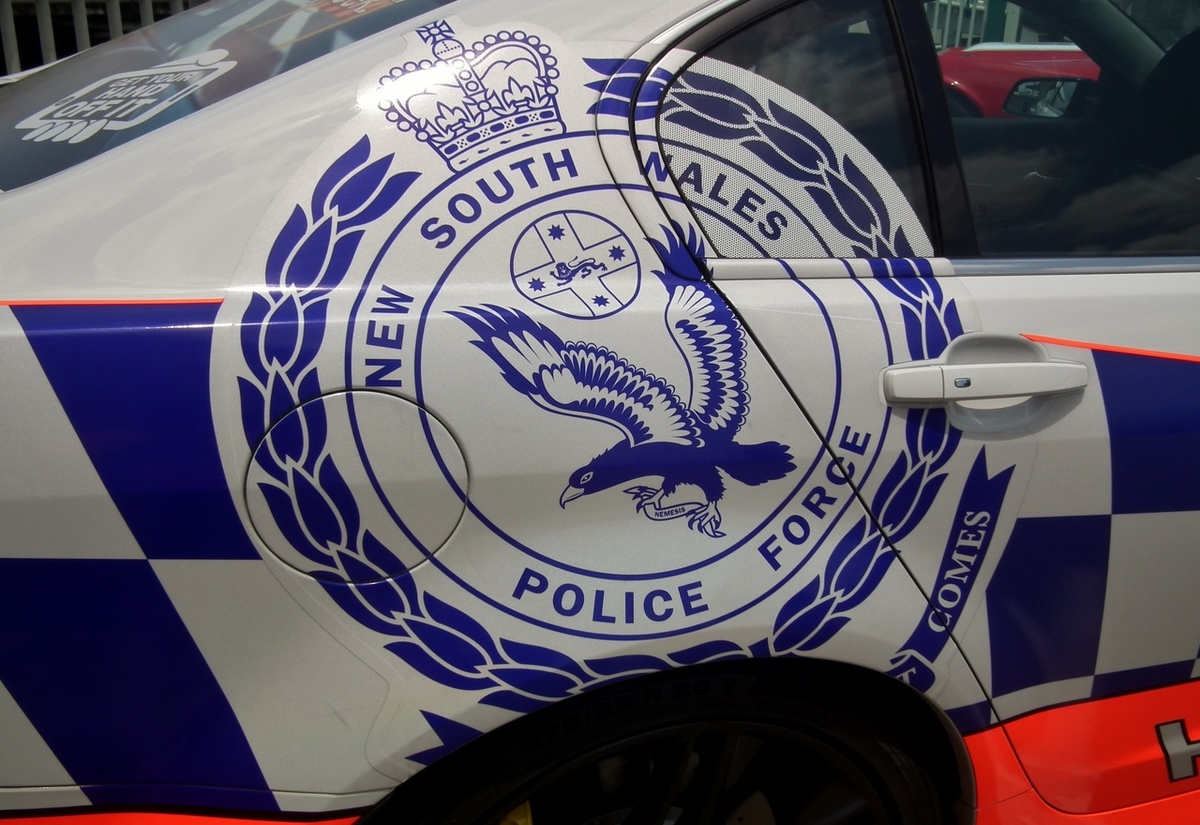Change for police charged with closing the gap
Laura Williams
14 January 2022, 7:30 AM
 The change became mandatory for NSW Police from 13 January.
The change became mandatory for NSW Police from 13 January.A recent rule change to crime reporting is designed to meet ‘Close the Gap’ commitments, as Australia continues to see an overrepresentation of First Nations people in the criminal justice system.
The simple change, where the NSW Police Force will be required to ask all victims and people-of-interest if they identify as Aboriginal and/or Torres Strait Islander, to record the status in police records.
Orana Mid-Western Officer Superintendent Danny Sullivan said that the change is an important step towards the larger goal of building a better understanding of communities.
“By speaking to the police and identifying as an Aboriginal or Torres Strait Islander person we then have a better opportunity to connect that person to services, people, and programs who can offer a wide range of support,” Superintendent Sullivan said.
“We’re going to be asking that question of everyone, regardless of their appearance or country of birth or whether they’ve been known to us in the past or not. And if we forget to, because we’re human beings, it’s really important to let us know,” he said.
According to Superintendent Sullivan, a lot of services and programs aimed specifically at supporting the Close the Gap initiative exist locally.
“From the Orana Mid-Western police district I can proudly speak about our Aboriginal youth team. They’re an amazing project supported by Aboriginal and Torres Strait Islander organisations and the community generally,” Superintendent Sullivan said.
“It’s all about getting young people out of the criminal justice system and giving them a pathway into employment,” he said.
By knowing someone’s cultural background, police can then connect and build access for the relevant people to programs like these.
“Just last year our Aboriginal youth team was awarded nationally by the National Crime Prevention association for the work it is doing keeping young people out of the criminal justice system.”
Wiradjuri man and Deputy Secretary Transforming Aboriginal Outcomes at the Department of Communities and Justice (DCJ), Brendan Thomas, who is also part of PASAC, said the change is part of a broader vision to create a fairer justice system for Aboriginal people.
“Key to all of this is continued consultation with Aboriginal people and communities. Aboriginal people want to be part of the solution, to create a justice system that works better for them and ultimately closes the gap,” Mr Thomas said.
Everyone will be asked if they identify as Aboriginal and/or Torres Strait Islander, regardless of their appearance or background, except in the instances of traffic or transport infringements, and people have a right to not respond.